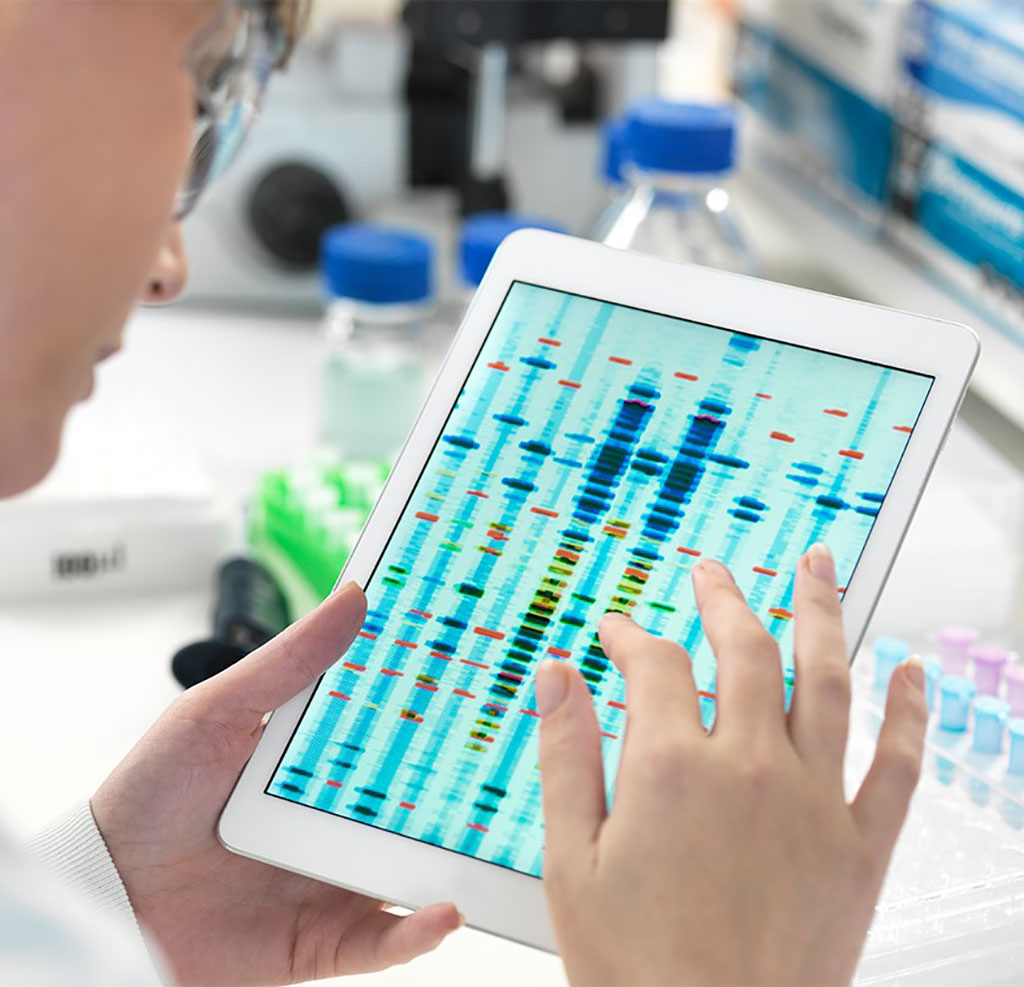Sibling Cascade Testing More Cost Effective in Pediatric Cancer
By LabMedica International staff writers
Posted on 02 Nov 2021
Newborn population-based genetic screening may reduce pediatric cancer deaths and could be cost-effective. Testing siblings of newborns with variants (i.e., cascade testing) could further improve population health.Posted on 02 Nov 2021
Economic studies of cascade testing have focused on adults, although evidence suggests that cost-effectiveness improves for some cancer syndromes when surveillance is initiated in younger individuals. In 2021 in the USA, an estimated 10,500 children aged 0 to 14 years will be diagnosed with cancer and slightly over 1,100 children will die of it.

Image: Estimated cost-effectiveness of genetic testing in siblings of newborns with cancer susceptibility gene variants (Photo courtesy of Lockton, Inc)
Medical Scientists at the Boston Children's Hospital (Boston, MA, USA) estimated the benefits and costs of cascade testing of siblings of newborns with cancer susceptibility gene variants. They estimated outcomes in siblings of newborns who were born with pathogenic or likely pathogenic variants in 1 of 11 pediatric cancer genes (i.e., RET, RB1, TP53, DICER1, SUFU, PTCH1, SMARCB1, WT1, APC, ALK, or PHOX2B). Genes were selected based on associations with increased risk of very early onset malignant neoplasm and available surveillance guidelines. They assumed in their initial analysis that de novo variants were rare and that siblings had a 50% chance of having the same germline variant as the initial case. They also assumed that each newborn found to have a pathogenic or likely pathogenic variant had a sibling.
By analyzing a simulated cohort of 3.7 million newborns and their siblings, the team found that cascade testing would identify nearly 800 siblings with a pathogenic or likely pathogenic variant. Surveillance would then prevent about 15 childhood cancer deaths among those siblings. Sibling cascade testing would then uncover 792 siblings with pathogenic or likely pathogenic variants. Of these siblings, 116 would develop cancer before turning 20 years old. If usual care had been followed, they estimated that there would have been 29 cancer deaths among siblings, but that genetic screening would avert 15 of them, or 52%. Depending on the gene, they estimated that such sibling cascade testing could be cost effective.
Overall, the investigators found sibling cascade testing would lead to an incremental cost-effectiveness ratio of USD 16,910 per life-year gained, as compared to usual care. That ICER varied based on the particular gene involved, ranging from being cost-saving for genes like ALK, RET, and WT1, among others, to a cost of US$52,100 for TP53. The costs for cascade testing included USD200 for Sanger sequencing and USD188 for a clinical visit before initiating surveillance.
The authors conclude that their findings demonstrate how sibling cascade testing would enhance newborn screening efforts and how targeted screening approaches may be more efficient than universal screening to achieve population-level benefits. The study was published on October 18, 2021 in the journal JAMA Network Open.
Related Links:
Boston Children's Hospital














